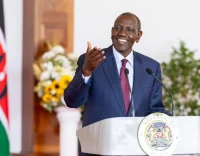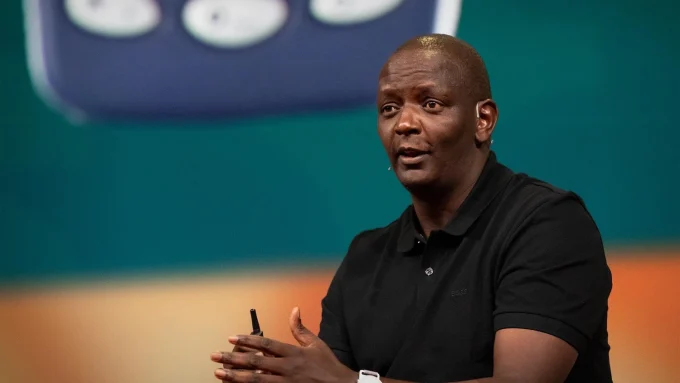The Central Bank of Kenya (CBK) has announced the separation of Airtel Money from the telecommunications business which were previously under Airtel Networks Kenya Limited (ANKL).
This was effected by separation and transfer of the mobile money business to the new entity Airtel Money Kenya Limited (AMKL), a journey that started in 2019.
“The completion of this restructuring enables AMKL to ring-fence its operations and focus exclusively on its mobile money business. Significantly, this sets the foundation for AMKL to enhance governance over its mobile money business, strengthen its operations, and offer better services to its customers,” said CBK in a statement.
CBK licensed AMKL as a Payment Service Provider (PSP) in line with the National Payment System Act, 2011 on January 21, 2022, and also granted a transition period to complete the transfer.
Both AMKL and ANKL are incorporated in Kenya as separate subsidiaries of Airtel Africa Plc (Airtel Africa). Airtel Africa is headquartered in Dubai, the United Arab Emirates has operations in 14 African countries, and is listed on the London Stock Exchange.
“CBK has engaged PSPs to ensure that the activities under CBK’s supervision are appropriately ring-fenced from other business lines. This will allow the PSPs to protect their CBK-regulated activities from shocks emanating from the other business activities, strengthen governance, enhance resilience, and focus on improving its services to customers,” CBK said.
The successful split between Airtel and its mobile money business will exert more pressure on Safaricom to split from M-pesa, now being pushed by both CBK and the government of the day.
In an interview with KTN in April this year, when asked about the proposed plans to split Mpesa from its parent company Safaricom, former chairman Michael Joseph, and the man who considers himself the mother of M-pesa said that if split, M-Pesa will be able to run on its own and sell its own shares, different from Safaricom.
“The intention is not to separate it as people have speculated. To separate M-pesa, put it into a separate company, and then sell shares in Mpesa. Of course, that would be fantastic, but that’s not the intended purpose. First, it’s an idea that we are looking at what to do. Of course, Mpesa is so big. It’s 45% of our revenue, and it could be better to separate it from a regulator’s point of view so that the Central bank can regulate Mpesa, not Safaricom. That makes sense from that point of view,” said Joseph.
It is predicted that Safaricom would, in a split environment, be able to form a mega digibank (digital bank) that would take the war for banking services from traditional brick-and-mortar banking halls to customers’ phones.
Read: Playing Catch Up, Posta Launches Its Own Version Of M-Pesa
>>> Safaricom Recognised For Achieving Diversity In Procurement Through Its Women in Business Programme


![The 50-kilometre Thika superhighway recorded the most accidents with 44. [Photo/ Wikipedia]](https://businesstoday.co.ke/wp-content/uploads/2022/10/Underpass_at_the_A2_Kenya-150x150.jpg)
![The upcoming price review comes even as the President William Ruto-led administration continues the removal of the subsidy on diesel and kerosene. The subsidy on super petrol was fully removed during the last price review, on September 14. [Photo/ @WilliamsRuto]](https://businesstoday.co.ke/wp-content/uploads/2022/10/unnamed-2-150x150.png)









Leave a comment